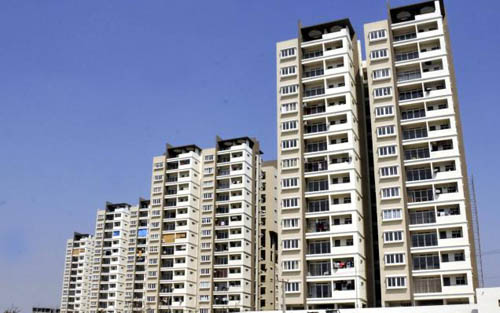 Real estate developers are trying to change perceptions. A new team of office bearers which took charge at the Confederation of Real Estate Developers’ Associations of India (CREDAI) has announced to work on a set of measures that will help builders deliver projects on time, redress customer grievances and improve governance to change image and perception of the sector.
Real estate developers are trying to change perceptions. A new team of office bearers which took charge at the Confederation of Real Estate Developers’ Associations of India (CREDAI) has announced to work on a set of measures that will help builders deliver projects on time, redress customer grievances and improve governance to change image and perception of the sector.
CREDAI, with 6,000 developers as members, will like to work with the government to create a complete checklist for all clearances required, and facilitate a single-window clearance for projects. ‘‘If this happens, we can save 20 per cent cost in metros and 8-10 per cent in tier II and III cities,’’ said CREDAI National President Lalit Kumar Jain.
Developers say it takes around 9-10 months to secure 40-odd clearances from different government departments. Next, CREDAI wants to set up consumer redressal cells in every state to address consumer disputes. Such cells have already come up in Karnataka, Tamil Nadu, Maharashtra, Andhra Pradesh and Kerala. ‘‘Such disputes can be resolved amicably in 60 days; there’s no need to go to the courts,’’ said Jain.
CREDAI member associations have adopted a code of conduct, which will be signed by every developer. The developers’ body wants to create a research cell for affordable housing strategy, technology and funding and work with the government. It has taken an initiative to bring all cities of more than 500,000 population into CREDAI’s fold. It will also widen its membership base, and get members from eastern and central India.
Parsvnath Chairman Pradeep Jain, who was elected as CREDAI Chairman said, ‘‘with support from government and reduction in interest rates, demand for affordable housing is likely to grow at 13 per cent in the next two years. The future lies in tier II and tier III cities; they will be the centre of attraction in the real estate market,’’ he said.





